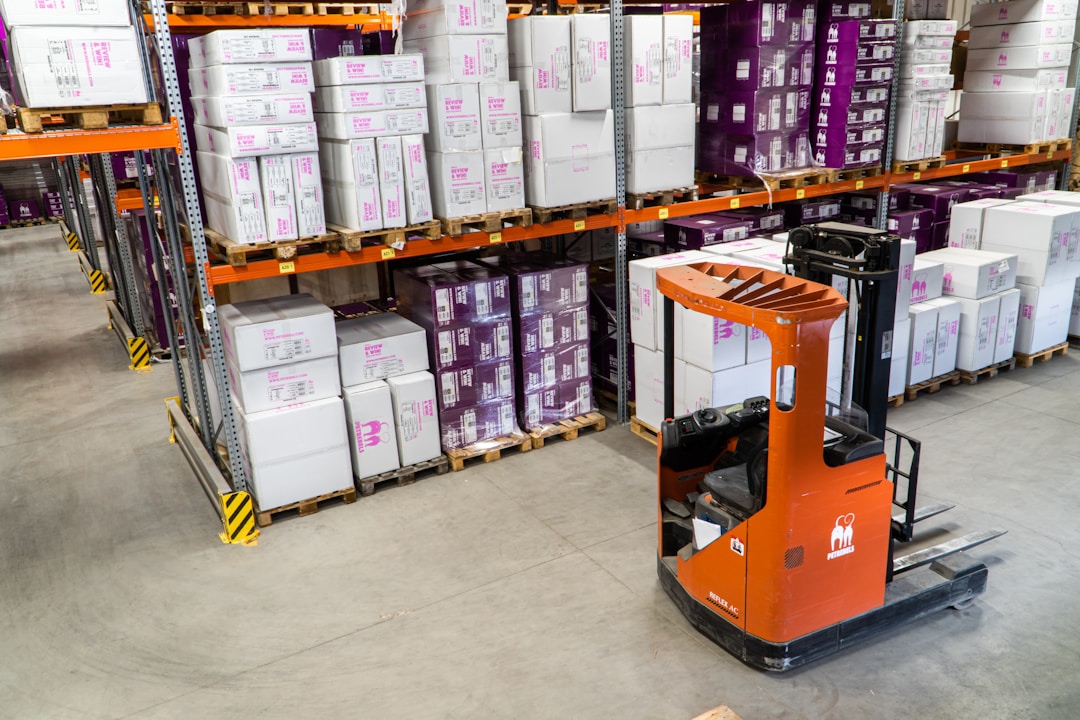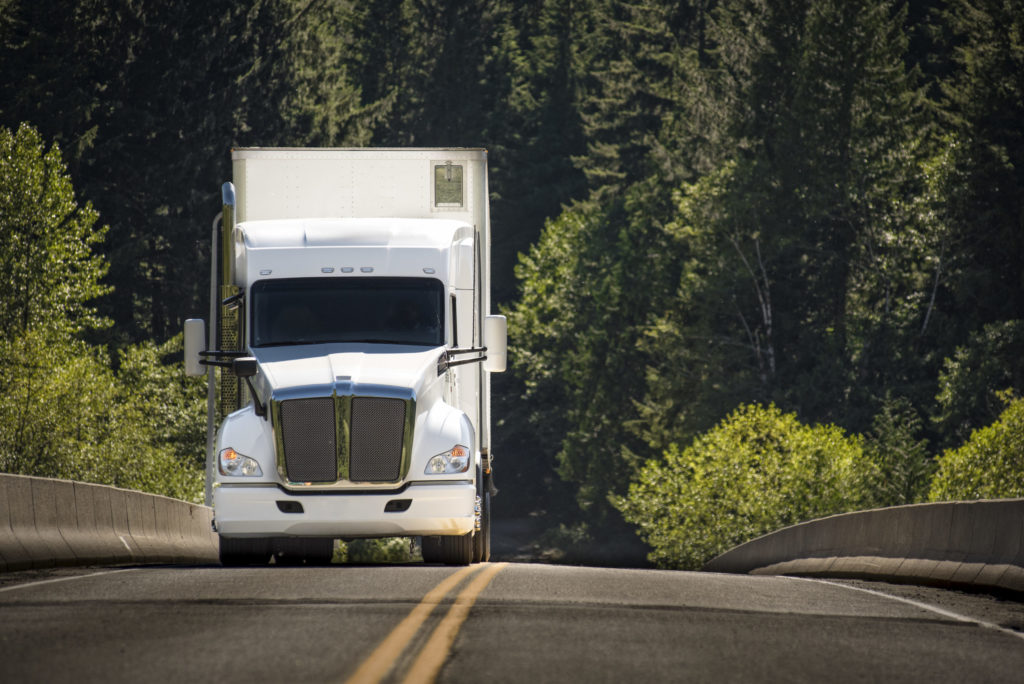The trucking industry is home to millions of truck drivers all over the world. So, there’s no denying that commercial trucks play a vital role in economies worldwide. A long list of businesses and industries depend on commercial truck drivers to move goods and services from production to consumers. On that note, here are five industries that rely on commercial trucks.
1. Construction Industry

Construction companies and retailers rely on transport truckers to transfer roofing materials, granules, and other goods to different parts of the country for sale. Today’s on-the-go customers prioritize convenience in doing business. For instance, opting for a local contractor or construction company is more convenient than importing equipment from a long distance. Therefore, construction companies and other contractors like roof replacement technicians need swift access to fresh supplies. Some construction materials like glasses and new shingles may be fragile, so, the type of truck matters in ensuring roof contractors transport items in good condition. Generally, trucks are a more cost-effective means to transport all types of construction materials.
2. Agricultural Industry
The road remains the major means of transporting agricultural produce from farms to markets. Semi-trucks travel nationwide to carry freight but farmers also use other tractor-trailer options depending on a variety of factors like load size. Semi-truck and trailer drivers work for an average of 605 to 650 miles per day, exposing them to numerous daily risks, including crash accidents. That’s where the real problem lies. About 5,000 truck accidents happen each year, and about ten percent of them end up in fatalities.
As a fleet manager or trucking company, it’s essential to enlist commercial truck insurance providers to protect your drivers and assets. Several types of insurance exist on the market today and every commercial auto policy or insurance agency may have its insurance requirements. Therefore, it pays to compare a variety of insurance options before settling on a truck insurance company. Checking the truck insurance quote before making your choice can be a good idea.
Many commercial insurance companies consider a wide variety of factors in determining your insurance quote. Some factors include the type of commercial vehicle, average shipment size, type of freight, and others. What’s more, getting the best coverage in the trucking industry also depends on your deductible and premium plans. As a rule of thumb, a higher deductible may come with a lower premium and vice versa. That notwithstanding, commercial agric transporters can benefit a great deal from insurance coverage irrespective of the commercial insurance cost.
3. Retail Industry
Retailers and daily goods manufacturers have decentralized ways of transporting items. Apart from international exchanges, which often involve airlines and sea vessels, all other retail items are transported by various types of trucks. Global retail leaders have multiple models for hiring drivers. Amazon, for instance, hires many of its drivers through the Amazon Flex system. That way, drivers are treated as gig contractors for hire responsible for maintenance and general liability in the event of an accident.
4. Storage Industry

Movers use various types of trucks to move equipment and belongings between different storage facilities. However, utility trucks are the most preferred for movers. Utility trucks afford movers the room and personalized design in carrying different types of goods for residential and business use. The role of truck drivers applies to several other specific sectors like warehousing, retail, etc.
5. Chemical Industry
Every vehicle comes with its pros and cons. Factors like ventilation, space design, etc., can make a truck more suitable for specific products than others. For instance, a truck lined with aluminum may not be ideal for farm produce. However, chemicals may need that form of insulation protection. Despite its reliance on truck drivers, the chemical industry is very critical of the trucks they use.
All in all, trucks come in multiple functions built for different purposes, so it pays to understand your industry’s unique needs to select trucks that best fit.








